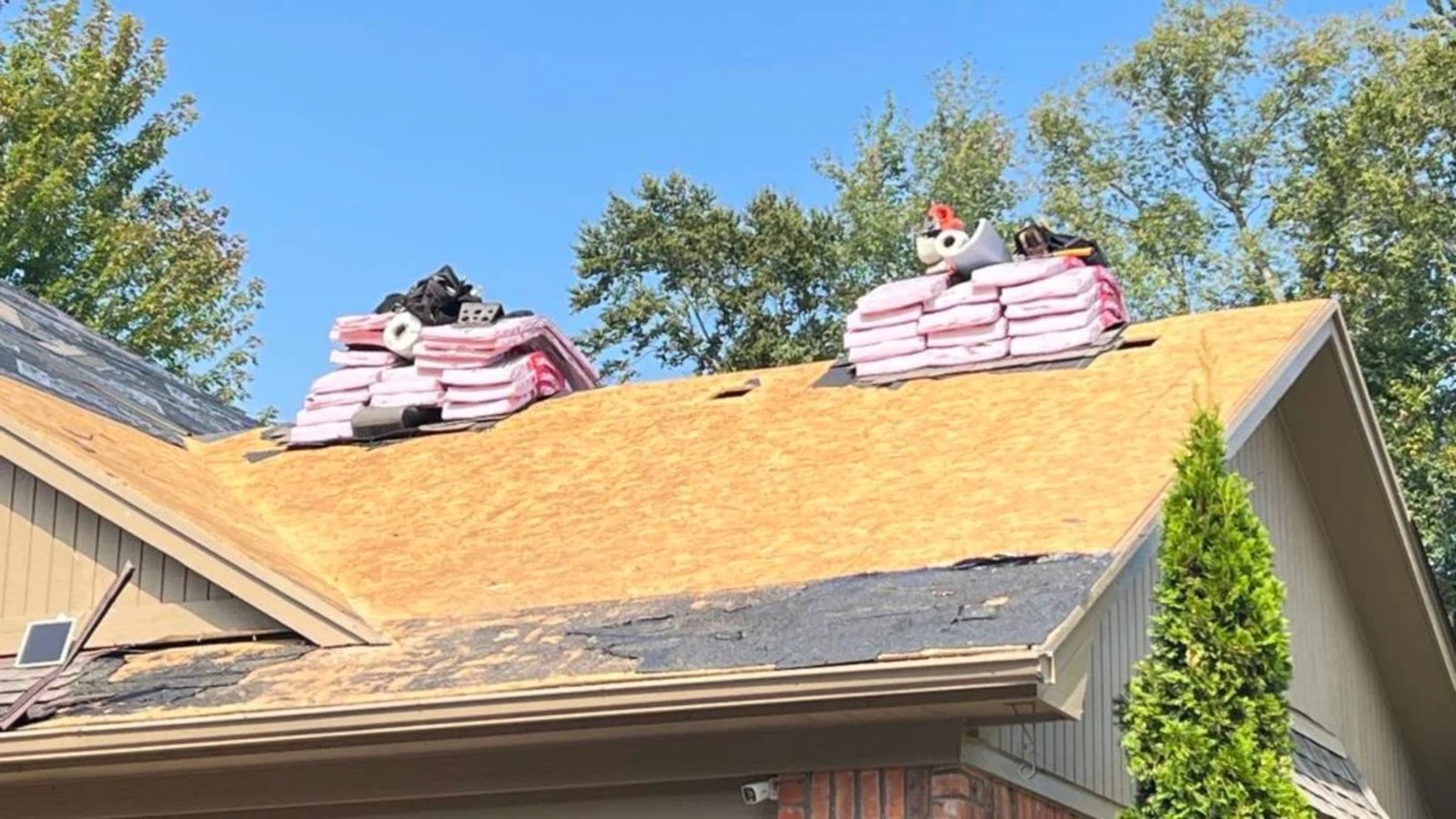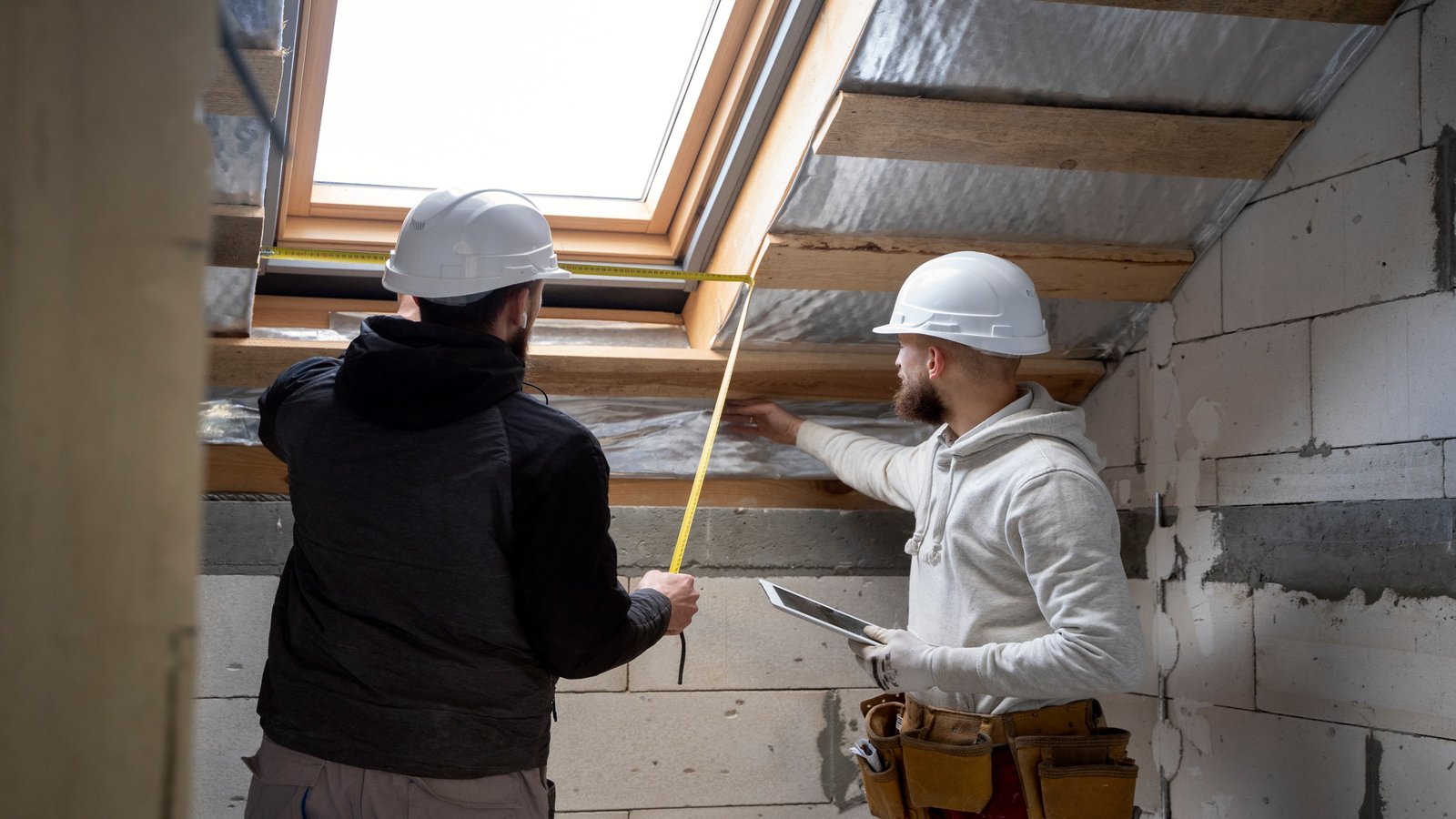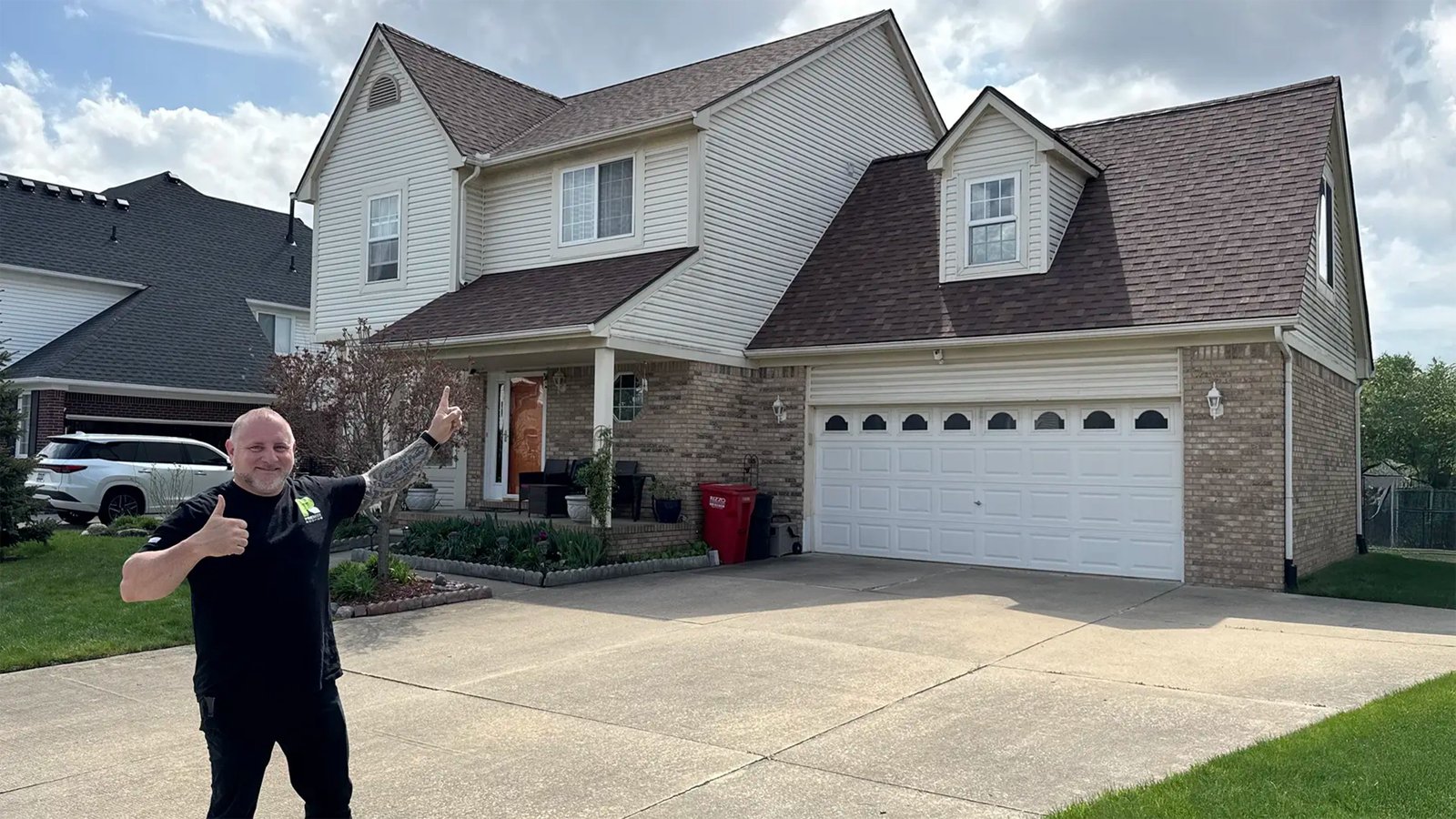Upgrading your attic insulation is one of the smartest moves a homeowner can make for improving comfort, reducing energy bills, and increasing property value. Proper insulation helps maintain consistent indoor temperatures, prevents heat loss in winter, and keeps your home cooler in summer. While some homeowners consider tackling insulation projects themselves, the best results often come from working with professional attic insulation contractors who have the tools, expertise, and knowledge to do the job right.
If you’re beginning the search for a qualified contractor, Premier Roofing and Renovations offers experienced attic insulation services designed to maximize efficiency and meet building code requirements.
Why Attic Insulation Matters
A poorly insulated attic can account for significant energy loss, forcing your HVAC system to work harder and driving up utility costs. Insulation acts as a thermal barrier, preventing the transfer of heat between your living space and the outdoors. The right type of insulation, installed correctly, ensures your home is energy-efficient, comfortable, and protected against moisture-related problems like condensation and mold. Beyond energy savings, proper attic insulation can extend the lifespan of your heating and cooling systems, reduce noise from outside, and even improve indoor air quality.
Understanding the Role of Attic Insulation Contractors
Attic insulation contractors are specialists trained to assess your home’s current insulation, identify deficiencies, and recommend the best solution for your climate, budget, and structural needs. Their responsibilities typically include conducting a full attic inspection to assess existing insulation levels and condition, checking for air leaks, ventilation issues, and moisture problems, recommending insulation types and R-values that meet local building codes, removing old or damaged insulation, and installing new insulation using proper safety procedures and equipment. They also ensure even coverage and seal gaps for maximum performance. Professional contractors understand the nuances of building science, meaning they can balance insulation levels with proper ventilation to prevent issues like ice dams and attic mold.
Types of Attic Insulation Options
When working with an attic insulation contractor, you’ll discuss different material options. Blown-in insulation, made from fiberglass or cellulose, is great for filling irregularly shaped spaces and covering existing insulation, with a quick installation process. Spray foam insulation expands upon application, creating an air-tight seal, offering excellent air sealing and moisture control. Although it requires a higher upfront investment, it delivers superior energy performance. Fiberglass batts, which are pre-cut panels of fiberglass insulation, are a cost-effective option for standard attic layouts but require careful installation to avoid gaps. Some homeowners may choose a hybrid approach, combining materials to achieve optimal performance and energy savings.
Factors to Consider When Hiring Attic Insulation Contractors
Choosing the right contractor is as important as selecting the right insulation. Homeowners should confirm the contractor meets state and local licensing requirements and carries liability and worker’s compensation insurance. Experience and track record matter, so asking for references and checking reviews is important. Contractors should also be knowledgeable about regional R-value requirements and building codes. Transparent pricing, with detailed written estimates and no hidden charges, is crucial, and warranty options for both materials and workmanship provide added peace of mind.
Why Professional Installation Beats DIY
Professional attic insulation installation offers a range of benefits that DIY methods often cannot match. First, pros ensure complete and even coverage, which is essential for maximizing thermal efficiency. They follow strict safety protocols to avoid exposure to hazardous materials like fiberglass or chemical fumes. Installations are performed to code-compliant standards, ensuring insulation meets the required thickness and R-value for your area. Professionals also maintain proper ventilation, preventing issues like trapped moisture and mold growth. Most importantly, expert installation guarantees long-term energy efficiency and comfort, resulting in lower utility bills and reduced wear on your HVAC system.
Energy Efficiency and R-Value Considerations
R-value measures insulation’s resistance to heat flow—the higher the R-value, the better the insulation performance. The optimal R-value for attic insulation depends on your location and climate zone. Working with a trusted provider like Premier Roofing and Renovations ensures your attic insulation meets or exceeds the recommended R-value for your region, delivering maximum energy efficiency and comfort. For example, homes in cold climates may require R-49 to R-60, while mild climates might only need R-38 to R-49. Professional attic insulation contractors can determine your home’s current R-value and recommend necessary upgrades to meet or exceed ENERGY STAR standards.
Common Mistakes to Avoid When Hiring Insulation Contractor
Homeowners should avoid choosing a contractor based solely on price, as low bids may indicate subpar materials or rushed installation. It’s also important not to skip insurance verification, which could leave homeowners liable for accidents. Neglecting ventilation checks can trap moisture, and not getting multiple estimates may result in overpaying. Comparing at least three quotes helps identify fair market pricing.
How Attic Insulation Improves Home Value and Comfort
High-quality attic insulation enhances your property’s resale appeal, especially for energy-conscious buyers. Proper insulation provides year-round comfort by maintaining even indoor temperatures, reduces strain on HVAC systems, lowers monthly utility bills, and absorbs outside noise. These improvements make your home more livable and position it as a more attractive choice in the real estate market.
Conclusion
Selecting the right attic insulation contractor is an investment in your home’s comfort, efficiency, and value. Look for experienced professionals who use quality materials, follow safety standards, and provide transparent, detailed estimates.
If you’re ready to improve your home’s insulation and energy efficiency, contact us today to schedule your professional attic evaluation.
1. How long does attic insulation installation take?
Most attic insulation projects can be completed in a single day, though larger attics or more complex jobs may take longer.
2. What is the best type of attic insulation for energy savings?
Spray foam offers the highest performance, but blown-in cellulose and fiberglass batts are also excellent for cost-effective efficiency.
3. How often should attic insulation be replaced?
Quality insulation can last 20–30 years, but it should be inspected every few years for signs of damage or compression.
4. Can attic insulation help reduce ice dams?
Yes, when paired with proper ventilation, insulation can help prevent the heat loss that causes ice dams.
5. Will attic insulation improve indoor air quality?
Yes, by sealing gaps and preventing outdoor air infiltration, insulation can help keep out dust, pollen, and pollutants.



